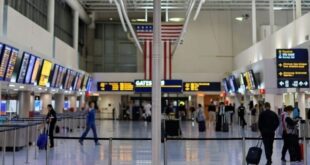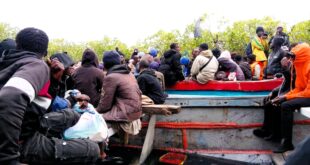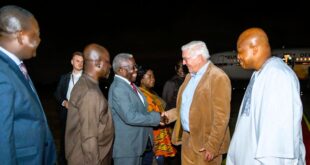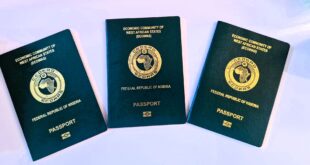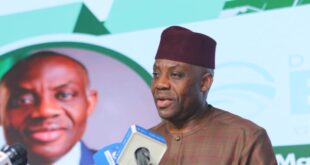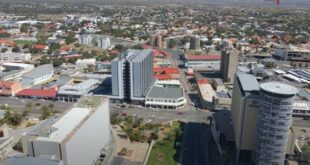The Truth, Reconciliation and Reparations Commission (TRRC) in Gambia started hearing testimonies from witnesses on Monday, as it set about investigating rights violations committed by the regime of Yahya Jammeh.
Modelled on South Africa’s investigation into its apartheid era, the commission will hold hearings into Jammeh’s 22-year era of oppression which ended in 2016 after he was forced from power.
President Adama Barrow has hailed the commission as a step towards national healing and a way to prosecute those responsible and offer some closure to victims and families.
The start of the TRRC hearings is an important initial step towards securing justice, truth and reparations in Gambia.
Rights defenders accused the regime of systematic torture against opponents and journalists, extrajudicial executions, arbitrary detentions and disappearances in the country.
After Jammeh took over The Gambia, the smallest country on the African mainland, he installed a network of oppression, driven by the police, the National Intelligence Agency (NIA) and a death squad called the Junglers.
Atrocities uncovered in the past two years include the execution in 2005 of 52 migrants from neighbouring Senegal whose bodies were dumped down a well.
His reign began to fall apart in 2016, when he suffered an electoral defeat at the hands of Barrow, then an opposition leader.
He refused to step down, but was forced out after other West African countries intervened militarily and diplomatically. He flew into self-imposed exile in Equatorial Guinea.
The Truth, Reconciliation and Reparations Commission (TRRC) aims at using a court-like approach to investigate how abuse began and became systemic, as well as its impacts.
The commission is empowered to advise prosecution of perpetrators and recommend financial compensation to victims.
Its board members are drawn from all the country’s major regions, its five main ethnic groups and two religions, led by a retired UN diplomat, Lamin Sise.
With agency reports
 THE AFRICAN COURIER. Reporting Africa and its Diaspora! The African Courier is an international magazine published in Germany to report on Africa and the Diaspora African experience. The first issue of the bimonthly magazine appeared on the newsstands on 15 February 1998. The African Courier is a communication forum for European-African political, economic and cultural exchanges, and a voice for Africa in Europe.
THE AFRICAN COURIER. Reporting Africa and its Diaspora! The African Courier is an international magazine published in Germany to report on Africa and the Diaspora African experience. The first issue of the bimonthly magazine appeared on the newsstands on 15 February 1998. The African Courier is a communication forum for European-African political, economic and cultural exchanges, and a voice for Africa in Europe.

